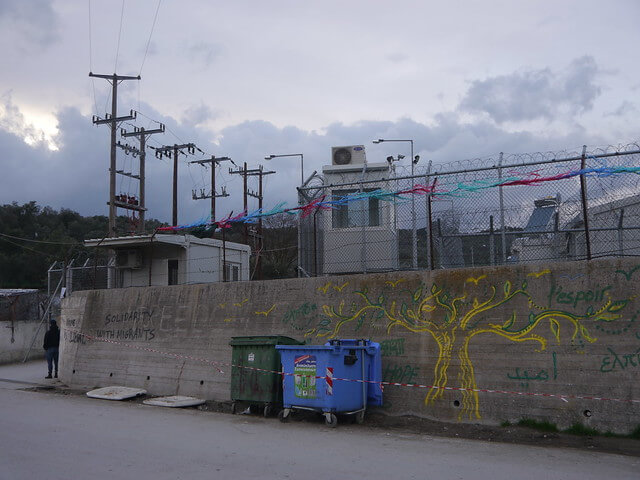A comparative report published by AIDA, managed by ECRE, provides an update to ECRE’s analysis of reception systems in Europe following the steady decrease in arrivals of refugees and asylum seekers in the past three years.
While the past years have undoubtedly exposed a low level of preparedness for large numbers of arrivals of refugees and migrants in most countries, reception practice in 2018 confirms that fluctuations in the numbers of arrivals continue to create important challenges for administrations such as inability to offer accommodation to new asylum seekers, and resort to improvised emergency accommodation. This includes cases where countries have prematurely reduced their reception capacity and have become unprepared to deal with recent increases in arrivals or backlogs of pending cases.
For some countries, shortages in reception capacity are a chronic problem, regardless of fluctuations in arrivals of people seeking protection. As detailed in the report, these countries have systematically been unable to accommodate all asylum seekers on their territory and have embedded emergency accommodation as a permanent component of their system, thereby raising questions of systematic non-compliance with EU law.
Those asylum seekers who obtain a protection status face severe barriers to moving out of reception centres and securing accommodation, a right guaranteed by EU law. High rent prices and reluctance of landlords to rent their property to refugees, as well as legal ‘catch 22’ situations are frequent in practice. As a result of these barriers, status holders often continue to reside in reception facilities for asylum seekers for prolonged periods. In a number of countries, despite a series of measures established by states to ensure accommodation can be found, the above obstacles create real risks of destitution and homelessness for beneficiaries of protection.
*This information was first published by AIDA, managed by ECRE.
Photo: (CC) Nonviolent Peaceforce, February 2016
This article appeared in the ECRE Weekly Bulletin . You can subscribe to the Weekly Bulletin here.

